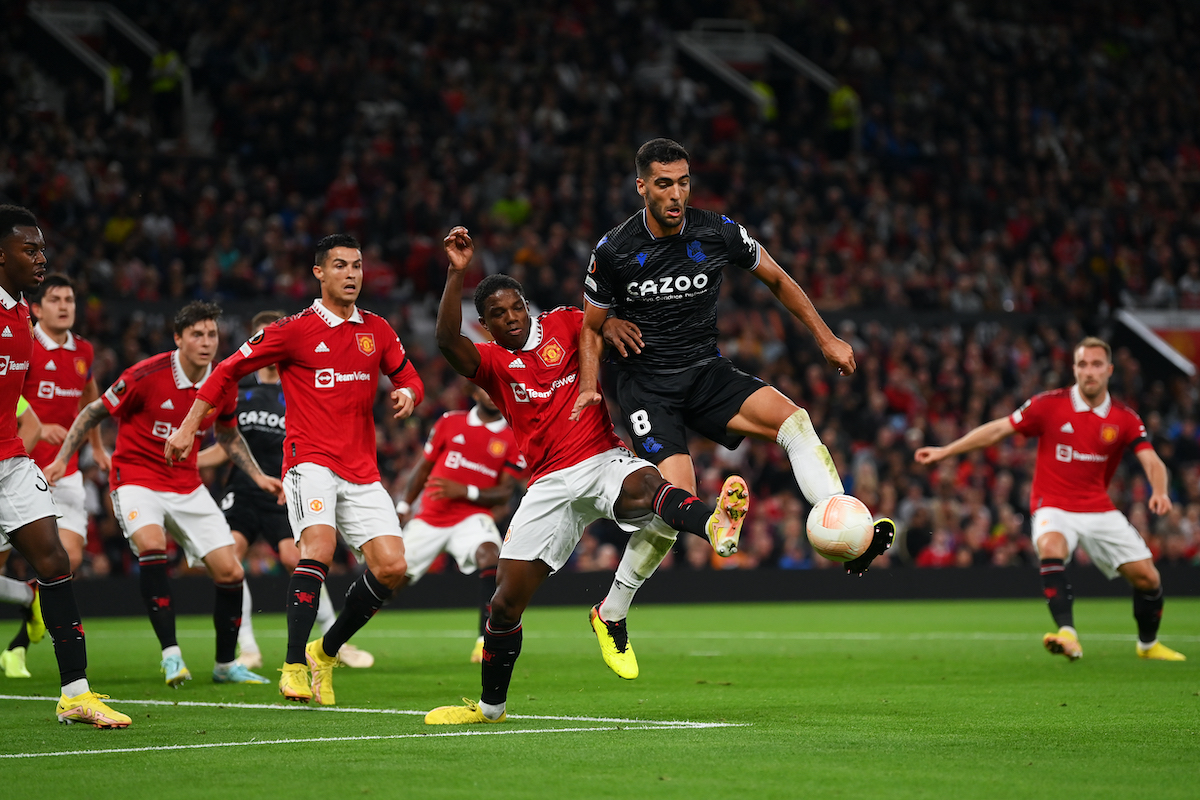Introduction
The Union of European Football Associations, commonly known as UEFA, plays a pivotal role in governing football in Europe. Established in 1954, UEFA oversees national and club competitions, ensuring fair play and sporting integrity across the continent. The importance of UEFA extends beyond just administration; it influences the broader football culture, unites millions of fans, and generates substantial economic impact through its tournaments.
Recent Events and Tournaments
One of the most visible aspects of UEFA’s work is the organisation of major tournaments such as the UEFA Champions League, the UEFA European Championship (Euro), and the UEFA Europa League. In 2023, the UEFA Champions League concluded with Manchester City claiming their first title after defeating Inter Milan in a thrilling final, showcasing the club’s evolution under manager Pep Guardiola. Furthermore, the Euro 2024 will take place in Germany, drawing significant attention and expected to celebrate the formidable legacy of European football.
Alongside these events, UEFA has been at the forefront of initiatives aimed at increasing competitive balance and financial fairness in football. In response to ongoing issues related to financial disparities among clubs, UEFA introduced the Financial Fair Play (FFP) regulations, intended to prevent clubs from overspending on player acquisitions without generating equivalent revenue.
UEFA’s Community Engagement and Future Outlook
UEFA’s role also includes a focus on grassroots football and community engagement. Initiatives such as “Respect” promote inclusivity, diversity, and the enjoyment of football at all levels. The UEFA Foundation for Children works on various social projects aimed at giving disadvantaged young people access to sports and education, further emphasizing the organization’s commitment to social responsibility.
Conclusion
As UEFA continues to evolve, it faces challenges such as adapting to changes in technology, fan engagement, and the globalisation of football. The ongoing discussions regarding a European Super League reflect the complex dynamics between traditional club competitions and the growing commercial interests within the sport. Ultimately, UEFA’s ability to navigate these changes while maintaining its core principles will determine its future significance and influence in both European and world football.


